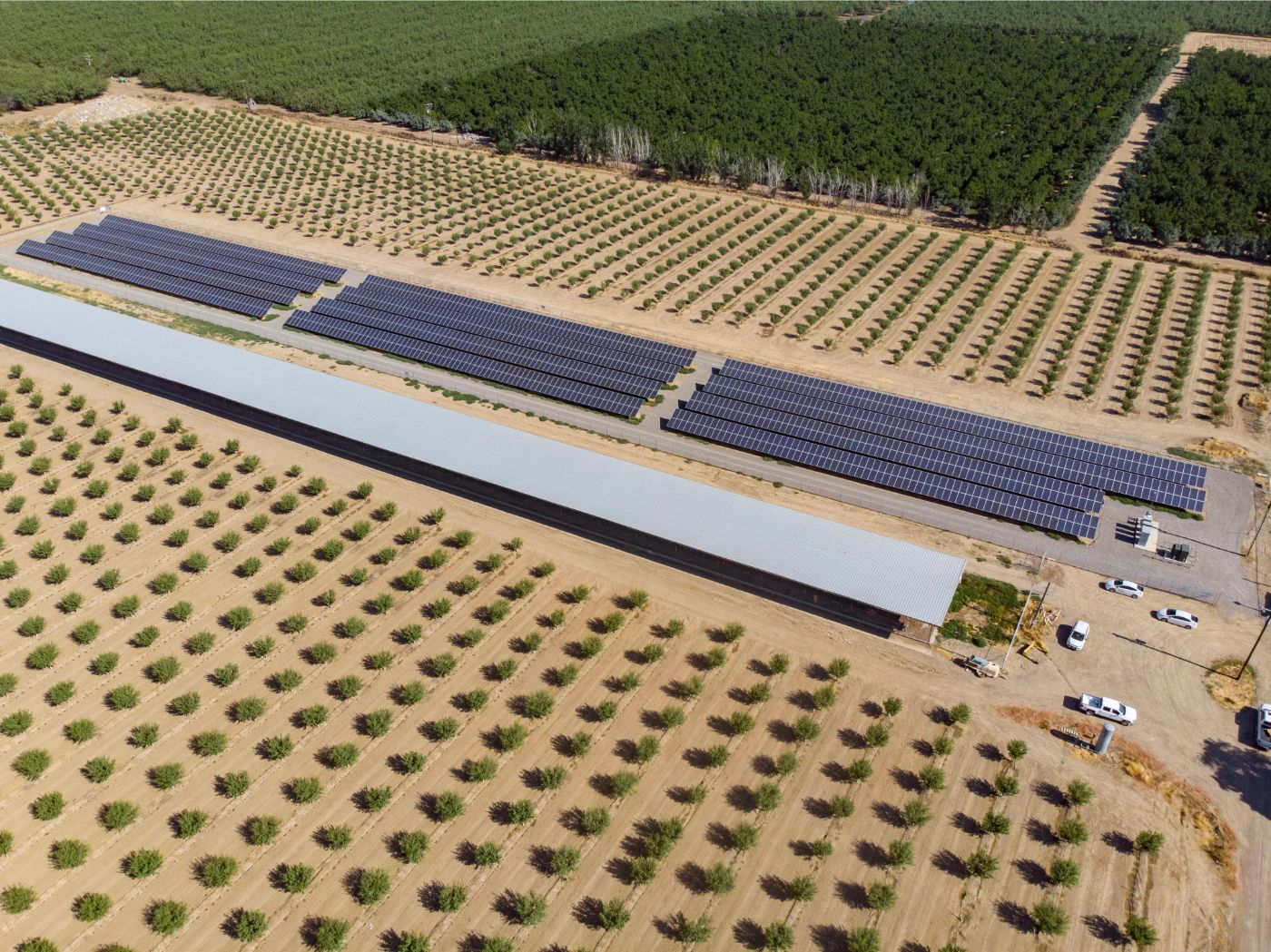
Commercial organizations considering a solar installation on their property often have questions about the longevity of solar panels, and how long you can generally expect them to keep performing. With today’s software and analytics on solar technology, our commercial solar company can help owners chart out an expected solar panel lifespan for their specific installation, but here we wanted to discuss what you can look forward to in a broad way.
How Long Do Solar Panels Generally Last?
The common answer here is 25 to 30 years. A quality solar installation with proper placement currently has an expected lifespan of up to 30 years. In fact, solar panels in the 90’s came with a 10-year warranty whereas now a 25-year warranty is common. Solar panel systems can last so long because they have very few moving parts (typically just the hinges and motors used to adjust angles), and solar cells themselves are very durable, able to function in all kinds of weather without suffering significant damage.
Do Solar Panels Degrade Over Time?
Yes, but very slowly. In fact, the 25-30 year lifespan that we cited is not the expected point of complete failure, but only the point at which the degradation rate becomes noticeable and solar modules start producing significantly less electricity – they can keep operating beyond this point, just not as efficiently.
Specific solar panel degradation levels correlate strongly with the quality of the panel and the manufacturer. On average, the newest solar panels only have around a 0.5% annual decline in energy output. Older or cheaper panels may have a 0.8 to 1% decline from original output. Top-line, premium panels may only have a 0.3% annual decline. As technology improves, the average numbers continue to fall, improving solar panel life overall.
What Factors Affect Solar Panel Lifespans?
Solar panels are generally resistant against outside forces, but some factors do make a difference. Storms, fires, and other natural events may cause direct damage to the panels, which would need to be repaired or replaced. However, high-quality solar panels are very resistant to normal weather conditions and can handle snow, wind, rain, and more. More durable panels are also designed to resist physical damage from extreme temperatures, high winds, hailstorms and other extreme weather events. Over time, dust can build up on solar panels and inhibit solar energy absorption, which can lessen efficiency slightly. That’s one reason that it’s important to arrange for regular maintenance and cleaning visits.
Can Solar Panels Be Replaced?
Yes. It’s possible to replace an individual panel in solar panel installations whenever necessary. This is also where solar panel manufacturer warranties become important. Warranties for panels can vary, but it’s common to 10-year coverage for defects as well as environmental damage. Even longer warranties may be included for energy production: This means that if panels start falling below a certain amount of electricity production during the first couple decades of work, the warranty will cover their replacement.
Remember, one important factor in solar installation longevity is finding a solar power company in California with the experience to source the best parts and use the most reliable construction. If you are looking for commercial and industrial solar in California, contact Coldwell Solar today. From agricultural solar energy systems to commercial and industrial solar installations, we offer commercial solar energy solutions in California to reduce your electricity bill and carbon footprint.

